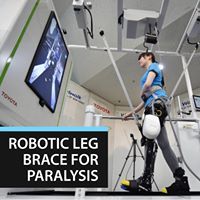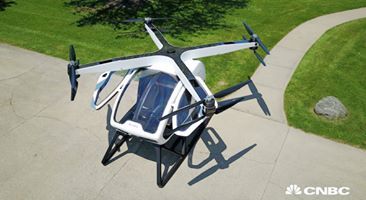Click on photo to start video.
This is how we are building on MARS and going to live #MustWatch #MarsExploration #SpaceExploration

Click on photo to start video.
This is how we are building on MARS and going to live #MustWatch #MarsExploration #SpaceExploration

A team of astronomers from Harvard and other institutions are collaborating on a new project to scan the skies for technological signatures from alien civilizations.
It’s a noteworthy new project, as it’s the first to receive a NASA grant for SETI-specific research in more than 30 years, according to a statement.
“Technosignatures relate to signatures of advanced alien technologies similar to, or perhaps more sophisticated than, what we possess,” said Avi Loeb, the chair of the Harvard astronomy department Harvard, in a statement. “Such signatures might include industrial pollution of atmospheres, city lights, photovoltaic cells (solar panels), megastructures, or swarms of satellites.”

1. AI-optimized manufacturing
Paper and pencil tracking, luck, significant global travel and opaque supply chains are part of today’s status quo, resulting in large amounts of wasted energy, materials and time. Accelerated in part by the long-term shutdown of international and regional travel by COVID-19, companies that design and build products will rapidly adopt cloud-based technologies to aggregate, intelligently transform, and contextually present product and process data from manufacturing lines throughout their supply chains. By 2025, this ubiquitous stream of data and the intelligent algorithms crunching it will enable manufacturing lines to continuously optimize towards higher levels of output and product quality – reducing overall waste in manufacturing by up to 50%. As a result, we will enjoy higher quality products, produced faster, at lower cost to our pocketbooks and the environment.
Anna-Katrina Shedletsky, CEO and Founder of Instrumental.





Click on photo to start video.
Nissan’s new AR technology could help drivers prevent blind spot accidents in the future.

